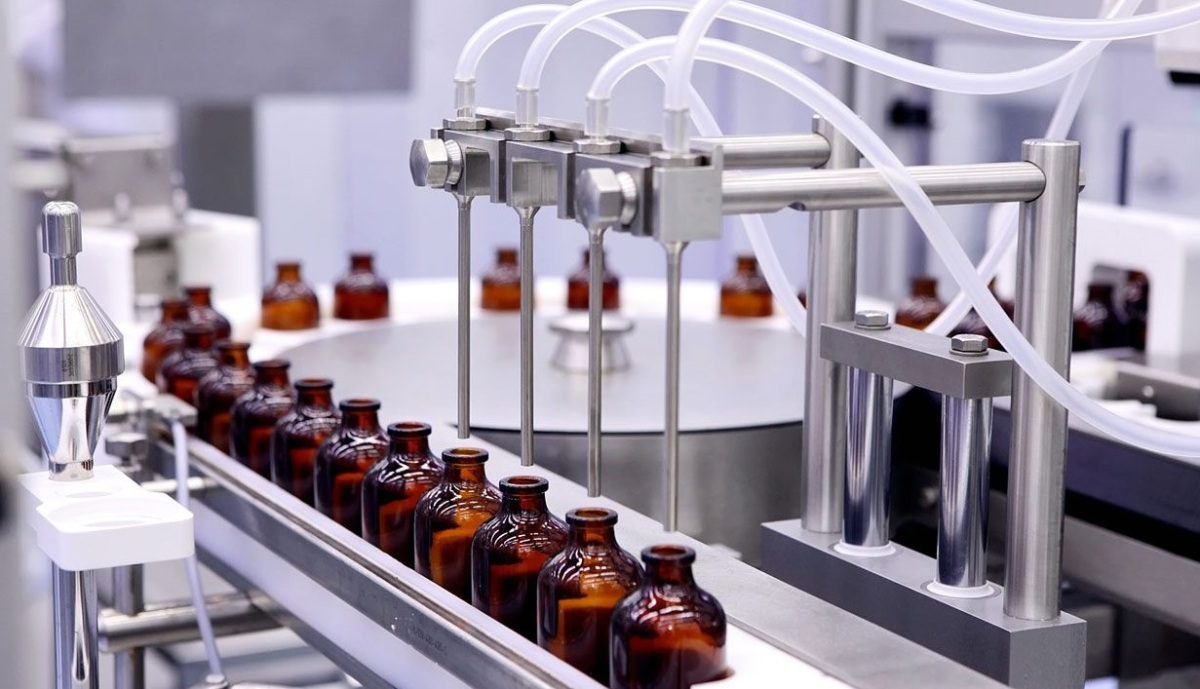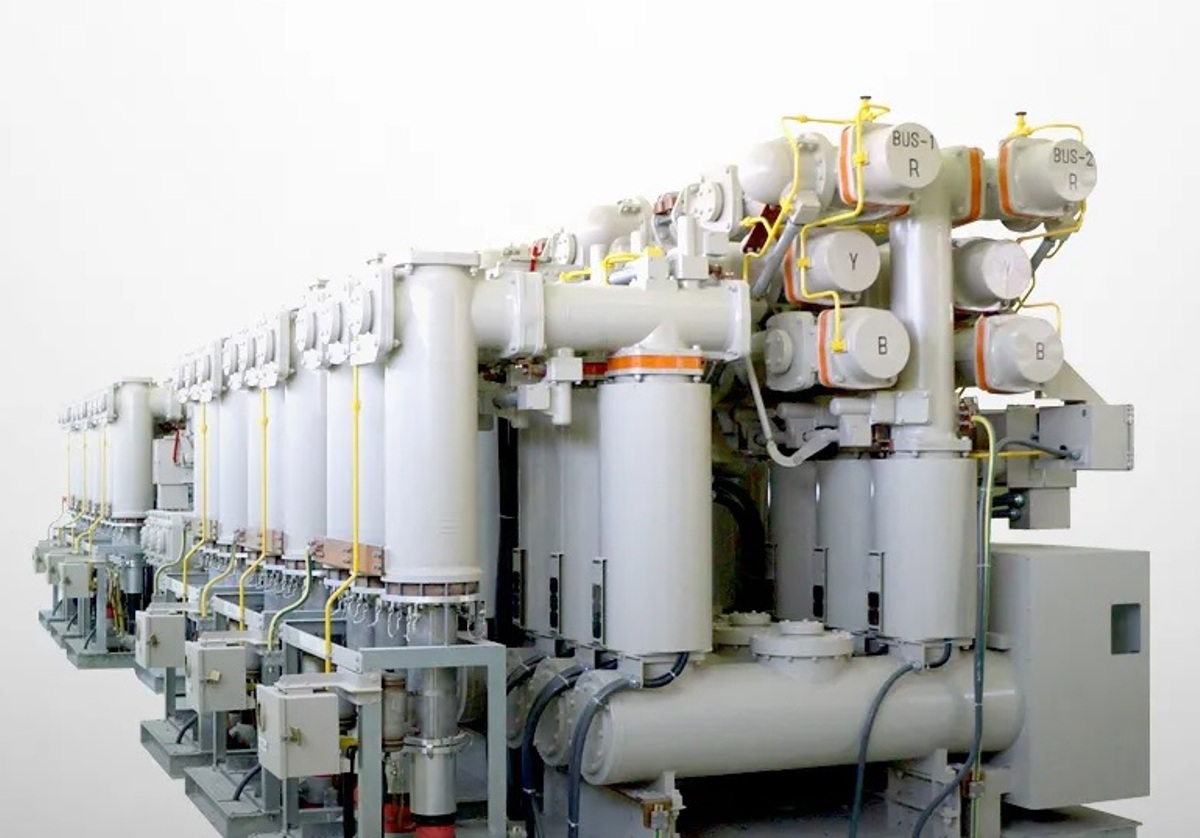
The global market for rheumatoid arthritis treatments is expected to grow at a CAGR of...
Learn More
Our consulting solutions address company specific challenges with respect to micro environment...
Learn More
Organizations frequently need day-today research guidancein order to gain strategic...
Learn More
Exploring different areas of market research and market analysis is a key factor...
Learn MoreAcute Market Reports presents the most extensive global business research services across industries. Our research studies focus on potential outcomes, benefits, and risks associated with each market segment across geographies. Having served our global clients for more than 10 years, our prime priority is to enable our clients in making well-informed business decisions through a data-driven, analytical, and uncomplicated research approach.
We provide access to the world's most comprehensive, analytical, and updated business intelligence services and solutions.




The fill-finish manufacturing market is witnessing significant growth driven by several key factors, including increasing demand for biopharmaceuticals, advancements in Ifill-finish technologies, and expanding contract manufacturing services. The fil...
Read More
The gas insulated industrial switchgear market is expected to grow at a CAGR of 5.5% during the forecast period of 2025 to 2033. Gas insulated industrial switchgear market is poised for substantial growth, driven by the escalating demand for electric...
Read More
The bio-based construction polymer market is expected to grow at a CAGR of 24% during the forecast period of 2025 to 2033, bio-based construction polymer market is a dynamic sector within the construction industry, driving sustainable and eco-friendl...
Read More




